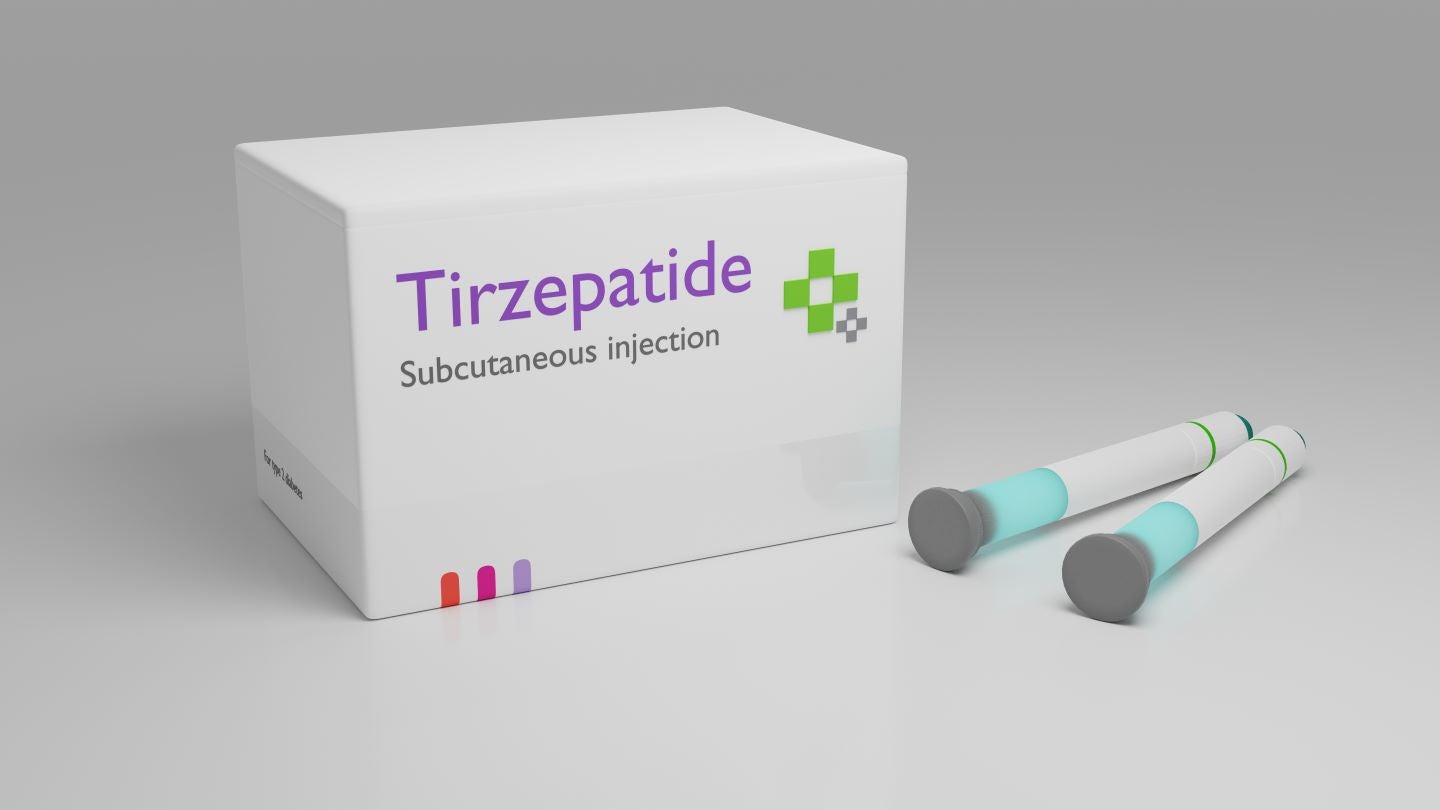
On 11 December 2023, Eli Lilly published the results of its SURMOUNT-4 trial (NCT04660643) investigating the maintenance of tirzepatide’s weight loss effects in overweight and obese patients. According to the results, patients who switched from Zepbound to placebo at week 36 of the study experienced 14% weight regain at week 88, and the cardiometabolic risk factors which had improved during Zepbound treatment were reversed.
Weight regain and reversal of cardiometabolic improvements are a huge limitation for all marketed GLP-1R agonists, not only for tirzepatide. Results from the STEP 1 trial (NCT03548935) extension study investigating changes in body weight and cardiometabolic risk factors upon semaglutide treatment withdrawal show that upon treatment withdrawal at week 68 patients regained 11.6% of body weight by week 120. Cardiometabolic risk improvements also reverted to baseline in patients who stopped the treatment by week 120.
This rebound effect upon GLP-1R agonist withdrawal makes patients “dependent” on the drugs, unless they want to lose some of the results. GLP-1R agonists are considered a chronic, long-term therapy to be taken indefinitely once treatment has started, and although for pharma companies it is great news economically, for patients it is a huge burden. From a side effects point of view, GLP-1R agonists can cause gastrointestinal disturbances such as nausea and vomiting, which can become an issue in the long term as they can disrupt daily life. Furthermore, from an economic perspective, the chronic long-term use of GLP-1R agonists is very expensive for patients and healthcare systems, especially in the US where the annual cost of therapy for a person taking Zepbound is over $13,000.
The importance of GLP-1R agonists as long-term therapies is still poorly recognized and not fully understood. On 8 February 2022, Nice had recommended Wegovy as the new weight loss drug, but to be prescribed for a maximum of two years. This limit on the prescription time for the GLP-1R agonists does not match with the results from the aforenoted trials, and it may be since lifelong prescriptions of GLP-1R agonists would be very expensive for the NHS in the UK.
The rebound effects on weight loss and cardiometabolic risk upon withdrawal of GLP-1R agonists need to be investigated further and made clearer publicly, both for patients and healthcare professionals, as it is a big commitment for both the healthcare system and the patients who agree to the therapy plan.
Furthermore, pipeline therapies should aim to mitigate this big limitation and investigate ways in which GLP-1R agonists could be used as short-term therapies without causing weight regain and cardiometabolic risk reversal.
Access the most comprehensive Company Profiles
on the market, powered by GlobalData. Save hours of research. Gain competitive edge.

Company Profile – free
sample
Your download email will arrive shortly
We are confident about the
unique
quality of our Company Profiles. However, we want you to make the most
beneficial
decision for your business, so we offer a free sample that you can download by
submitting the below form
By GlobalData
Finally, tirzepatide seems to be more effective for weight loss compared to the other GLP-1R agonists on the market, but it doesn’t solve the problem of rebound upon its withdrawal. This issue remains an unmet need in the GLP-1R agonist space and it needs to be further investigated and mitigated.
- SEO Powered Content & PR Distribution. Get Amplified Today.
- PlatoData.Network Vertical Generative Ai. Empower Yourself. Access Here.
- PlatoAiStream. Web3 Intelligence. Knowledge Amplified. Access Here.
- PlatoESG. Carbon, CleanTech, Energy, Environment, Solar, Waste Management. Access Here.
- PlatoHealth. Biotech and Clinical Trials Intelligence. Access Here.
- Source: https://www.clinicaltrialsarena.com/analyst-comment/weight-regain-cardiometabolic-effects-after-withdrawal-glp-1r-agonists/
